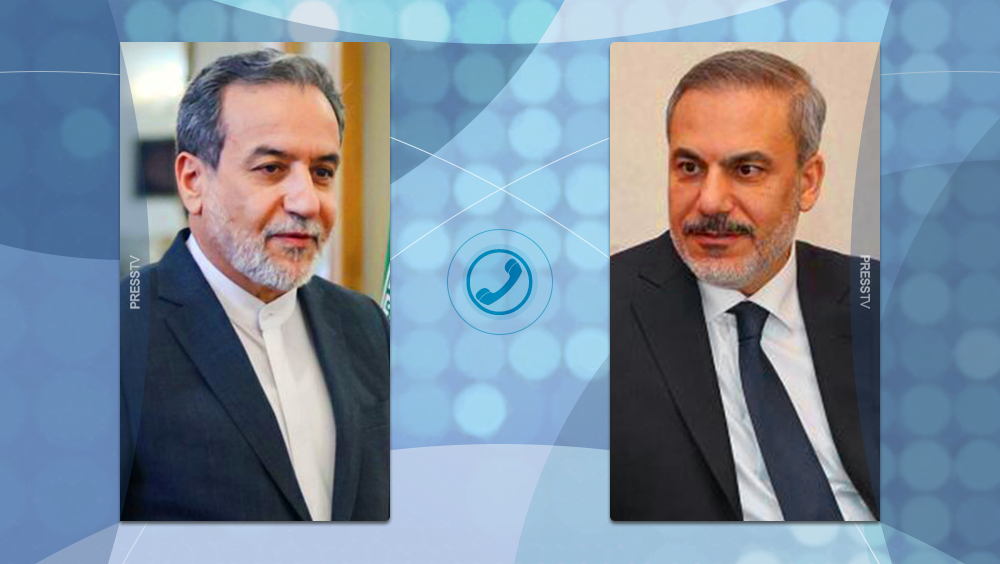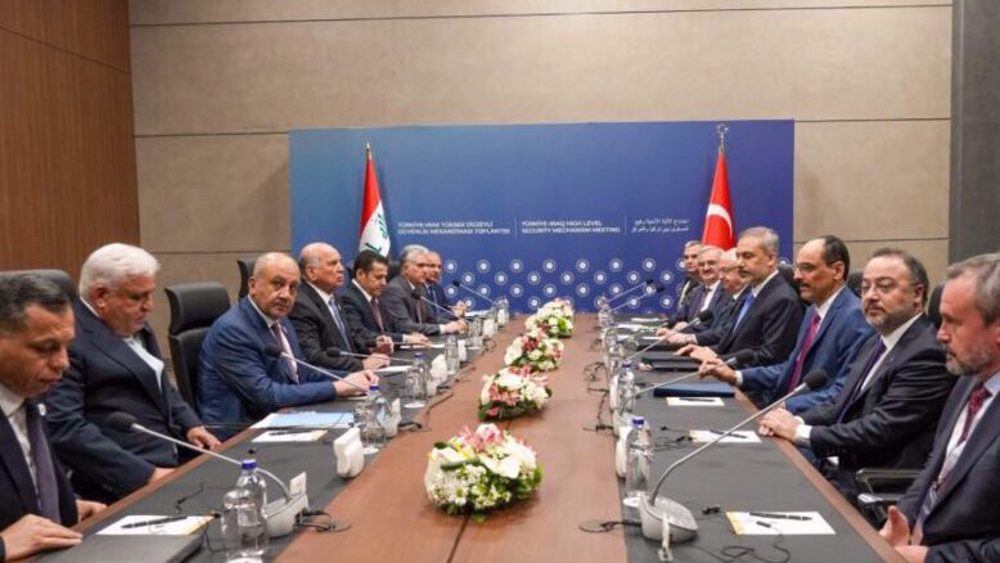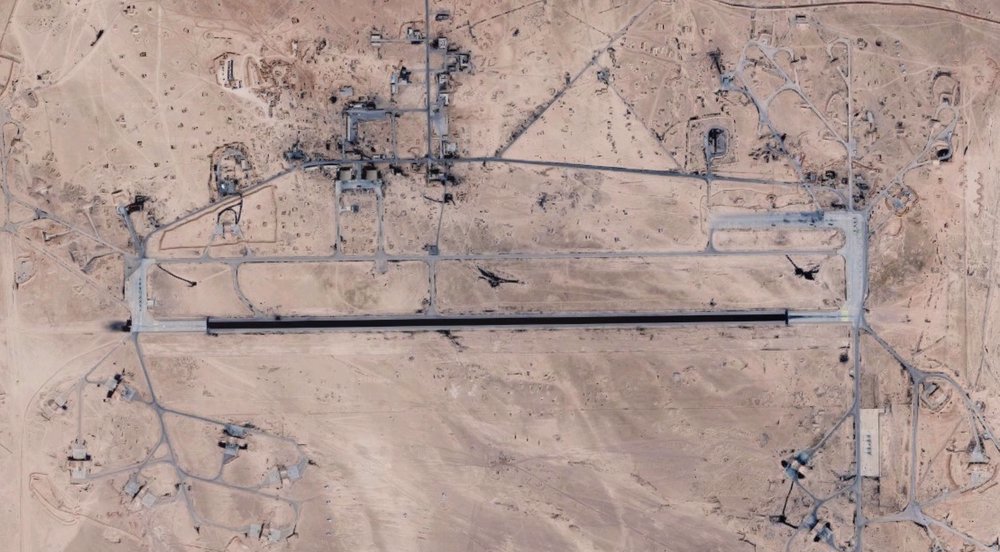Whistle-blowing Turkish journalists go on trial
Two journalists who blew the whistle on Turkey’s role in the delivery of arms to militants in Syria go on trial in a case seen as a test of rule of law and freedom of speech in the country.
Can Dundar, the editor-in-chief of center-left Turkish daily newspaper Cumhuriyet, along with the paper's Ankara representative Erdem Gul appeared in court in Istanbul Friday to face charges of espionage, treason and revealing state secrets.
The duo denies the charges but faces possible life sentences if found guilty.
The government of President Recep Tayyip Erdogan has been under fire for clamping down on journalists and sentencing them to long prison terms. Dozens of journalists are currently imprisoned in the country.
‘Climate of fear and censorship’
On Thursday, dozens of writers including Nobel laureates in an open letter to Prime Minister Ahmet Davutoglu urged his administration to drop charges against the Cumhuriyet journalists.
The letter published by PEN International also expressed concern over the "increasing climate of fear and censorship and the stifling of critical voices in Turkey."
"We believe that Can Dundar and Erdem Gul are facing life in prison simply for carrying out their legitimate work as journalists," the letter contained.
"We, the undersigned, are extremely concerned about the increasing climate of fear and censorship and the stifling of critical voices in Turkey."
The journalists were arrested in late November 2015 on charges of treason, espionage, and terrorist propaganda.
Dundar and Gul spent 92 days in jail, almost half of it in solitary confinement, before the constitutional court ruled last month that pre-trial detention was unfounded.
Erdogan had personally filed a criminal complaint against the journalists.
Video of arms shipment
Cumhuriyet posted footage on its website in late May 2015, purportedly showing trucks belonging to Turkey’s the National Intelligence Organization (MIT) carrying weapons to the Takfiri terror groups operating in Syria.

The daily said the trucks were carrying about 1,000 mortar shells, hundreds of grenade launchers and more than 80,000 rounds of ammunition for light and heavy weapons.
Ankara, however, denied the allegation, saying the trucks had been carrying humanitarian aid to Syria.
Dundar told Reuters in remarks published Friday that he would use his trial to refocus attention on the story that landed him in the dock.
"We are not defendants, we are witnesses," Dundar said in an interview at his office in Istanbul.
He promised to show the footage in court despite a ban and at the risk that judges may order the hearings to be held behind closed doors.
"We will lay out all of the illegalities and make this a political prosecution. The state was caught in a criminal act, and it is doing all that it can to cover it up," he was quoted as saying.
Erdogan has said the newspaper's coverage was part of an attempt to undermine Turkey's global standing and vowed Dundar would "pay a heavy price."
Dundar said, "We were arrested for two reasons: to punish us and to frighten others. And we see the intimidation has been effective. Fear dominates."

Iran, Turkey foreign ministers discuss Muscat talks, other regional issues

Iraq warns Daesh threats ‘resurging’ in Syria

Turkey readies plans to take over Syria’s T4 airbase: Report
Oil Minister Paknejad: Russia build nuclear plant in Iran with own funds
UAE deploys radar in Somalia to monitor Yemen’s anti-Israel strikes
Iran summons Dutch envoy over 'baseless' accusations against Tehran
VIDEO | Press TV's news headlines
India, Pakistan exchange fire as UN calls for 'maximum restraint'
Iran condemns Israeli attacks on Gaza tents as 'clear proof of war crime'
Syria’s HTS seeks normalization with Israel, Jolani writes to Trump
Iranian FM Araghchi heads to Muscat for indirect talks with US













 This makes it easy to access the Press TV website
This makes it easy to access the Press TV website